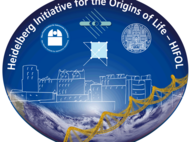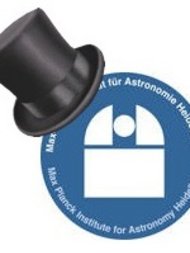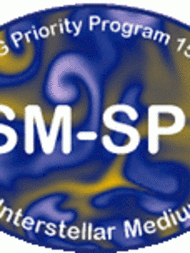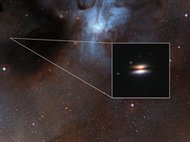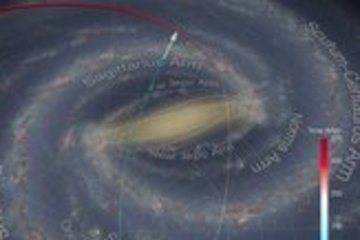Scientific Initiatives
Science is a cooperative venture, and large-scale projects are usually tackled by more than one institute: in larger consortia or as a cooperative project between selected institutes.
MPIA is an integral part of the international astronomy landscape and takes part in a number of key initiatives:

